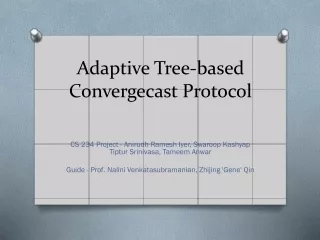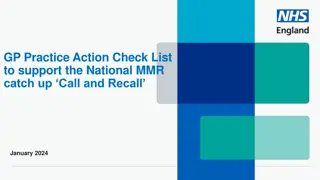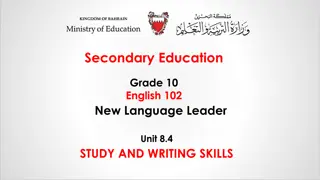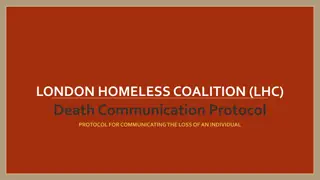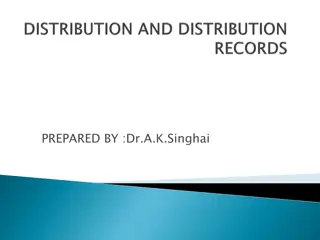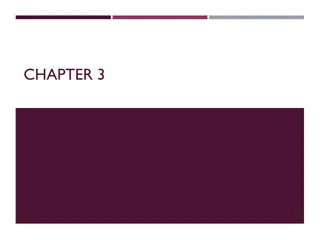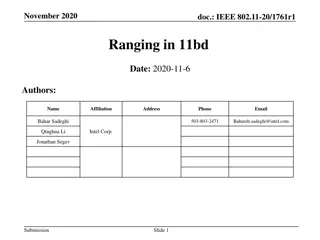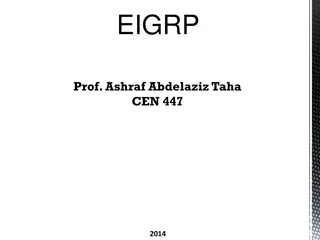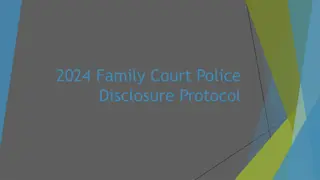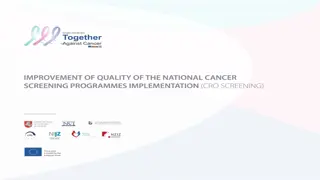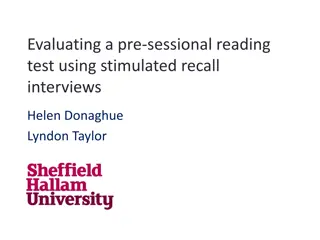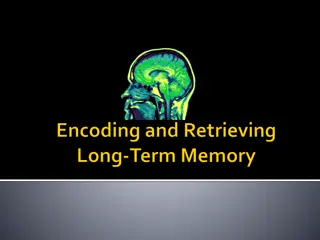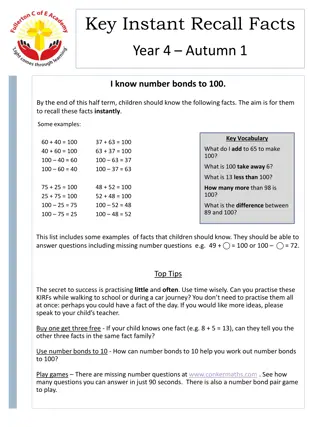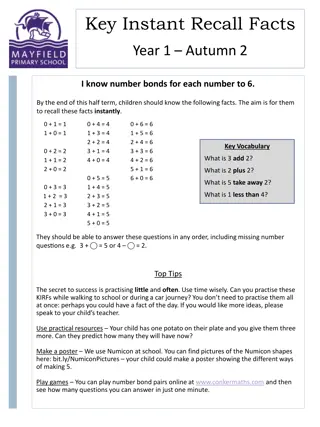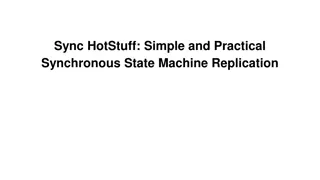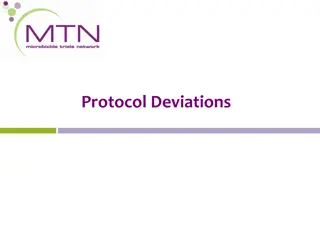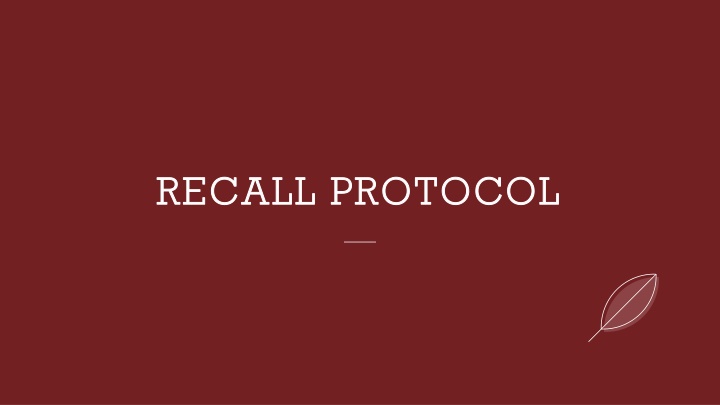
Effective Strategies for Language Learning Assessment
Discover a comprehensive guide on incorporating recall protocols, formative assessment, self-assessment, and more in language learning. Explore the benefits, applications, and considerations backed by research and expert opinions. Dive into the world of language assessment with a focus on learner autonomy and proficiency growth.
Download Presentation

Please find below an Image/Link to download the presentation.
The content on the website is provided AS IS for your information and personal use only. It may not be sold, licensed, or shared on other websites without obtaining consent from the author. If you encounter any issues during the download, it is possible that the publisher has removed the file from their server.
You are allowed to download the files provided on this website for personal or commercial use, subject to the condition that they are used lawfully. All files are the property of their respective owners.
The content on the website is provided AS IS for your information and personal use only. It may not be sold, licensed, or shared on other websites without obtaining consent from the author.
E N D
Presentation Transcript
RECALL PROTOCOL RECALL PROTOCOL
RESEARCH CONSTRUCTIVIST MODEL
FIVE REASONS TO USE IMMEDIATE RECALL PROTOCOL FOR RESEARCH (BERNHARDT, 1990) 1. 2. 3. 4. 5.
SUMMATIVE ASSESSMENT TESTING
ASSUMPTIONS (BERNHARDT, 1990) 1. 2. 3. 4. 5.
FORMATIVE ASSESSMENT DIAGNOSTIC INSTRUCTION
1. USING RECALL PROTOCOLS FOR DIAGNOSTIC INSTRUCTION 2. 3. 4.
SELF-ASSESSMENT SELF-AWARENESS [T]he development of learner autonomy and the growth of target language proficiency are mutually supporting and fully integrated with each other. (Little, 2007)
1. USING RECALL PROTOCOLS FOR TARGETED SELF- INSTRUCTION 2. 3. 4.
Corin, A., & Entis, S. (2022). Protocol-based formative assessment: Evolution and revolution at the Defense Language Institute Foreign Language Center. Journal for Distinguished Language Studies 8: 95-115. James, C. J. (1987). The immediate recall protocol as an elicitation technique in the listening modality of university-level students of German. Paper presented at the World Conference of Applied Linguistics, Sydney, Australia. EDD 299 801 (ERIC). Johnston, P. (1983). Reading comprehension assessment: A cognitive basis. Newark, NJ: International Reading Association. Little, D. (2007). Language learner autonomy: Some fundamental considerations revisited. Innovations in Language Learning and Teaching 1(1): 14-29.

